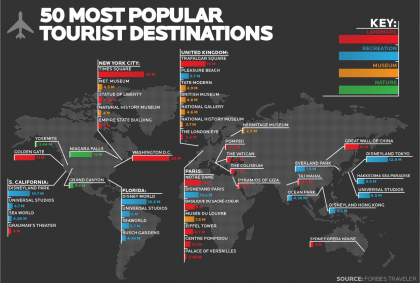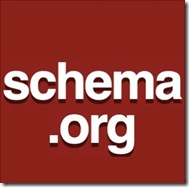
Schema.org Significant Updates for Tourism and Trips
The latest release of Schema.org (3.4) includes some significant enhancements for those interested in marking up tourism, and trips in general.
For tourism markup two new types TouristDestination and TouristTrip have joined the already useful TouristAttraction









